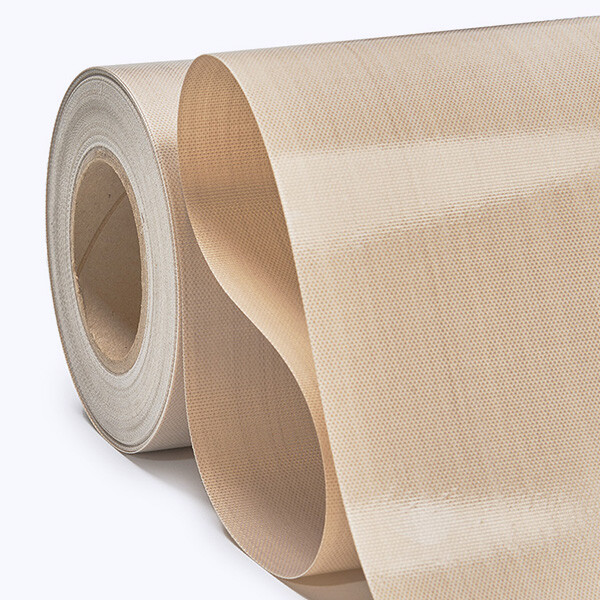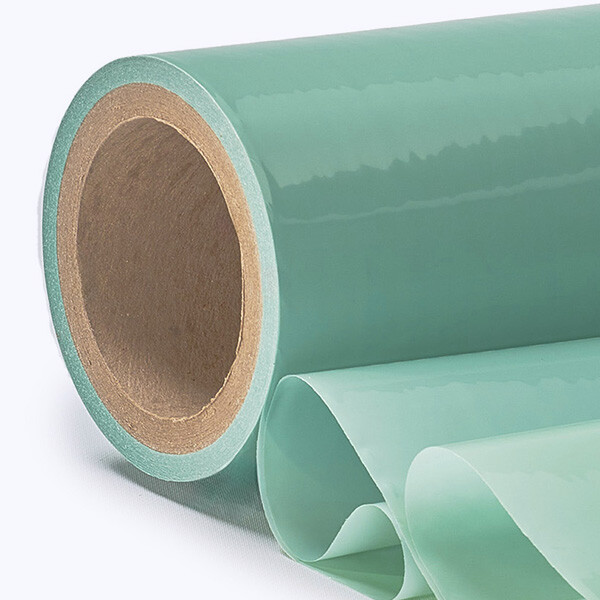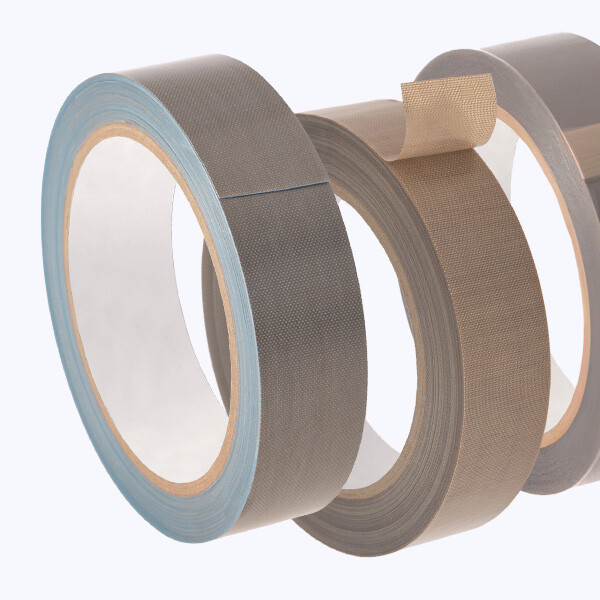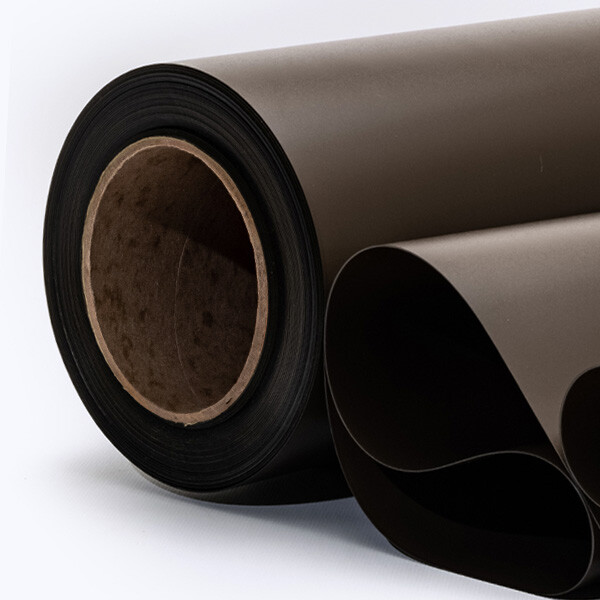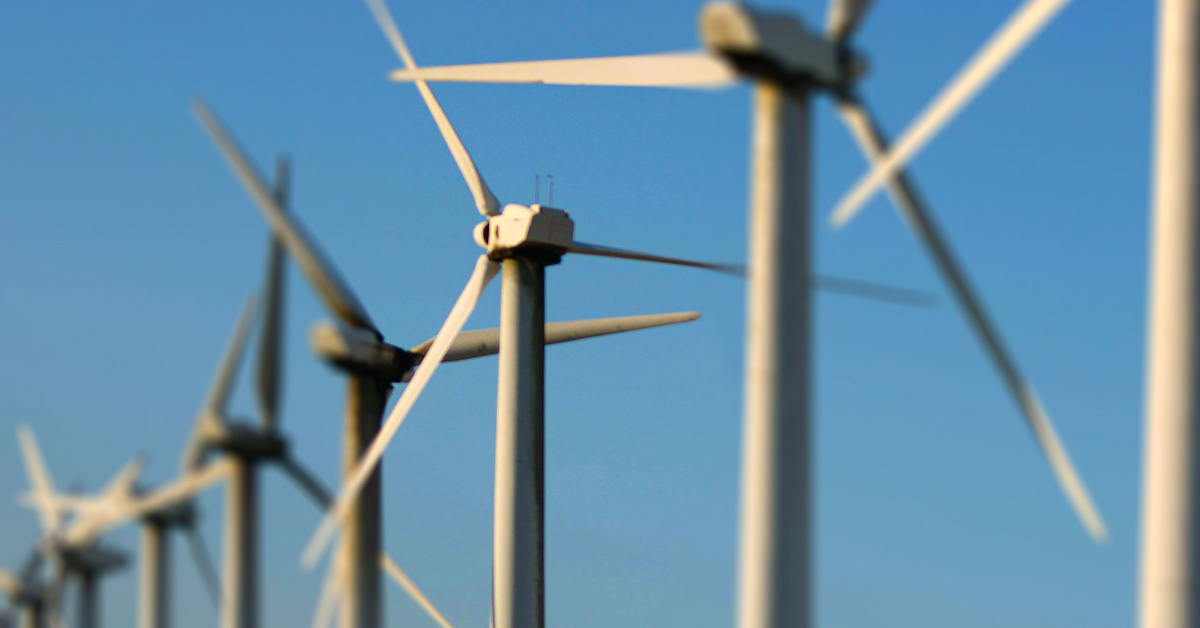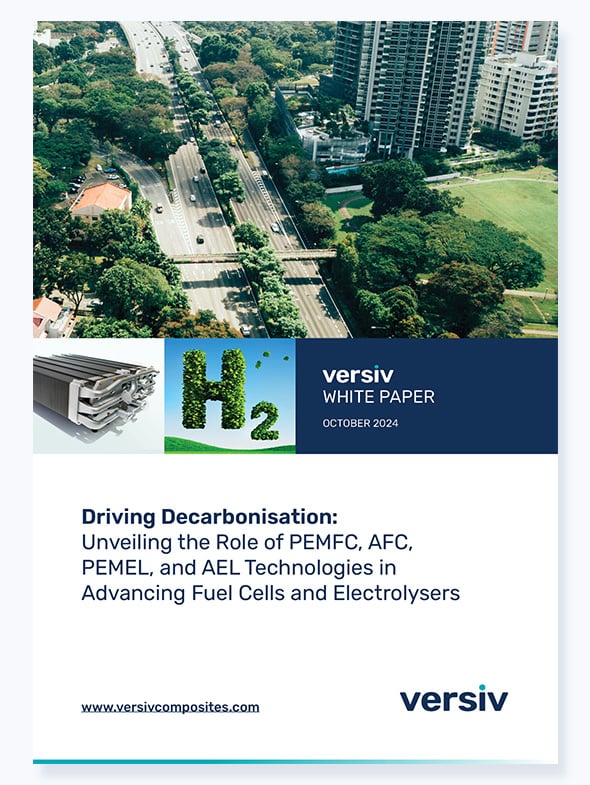- Materials
- Resources
- MaterialsCast PTFE Films
With a unique multi-layer construction, they are inherently void- and pinhole-free. For dielectric performance and conformability.
Coated Polyimide FilmsDurable, lightweight and designed for demanding performance in various applications.
PTFE-Coated Fabric TapesCombining the non-stick release and mechanical strength of PTFE fabrics with the high performance of pressure-sensitive adhesives.
Skived PTFE Film TapesCombining the non-stick release and high conformability of PTFE films with the high performance of pressure-sensitive adhesives.
featuredFlueflexEngineered for use in wet and dry flue-gas conditions in non-metallic expansion joints.
UltraflexDesigned for the highest flex life requirements and permeation resistance in diaphragms.
Microwave Transmissive FabricsSpecialised materials for radio frequency (RF) and microwave applications.
- IndustriesFEATUREDMulti-Layer Insulation Blankets
Low solar transmission and absorbance. Superlative atomic oxygen resistance.
Convoluted TubingAircraft Composites Vacuum BaggingFEATUREDLow Friction Linings for Electromagnetic SolenoidsDesigned for low coefficient of friction and optimal performance.
Compression MouldingRubber ProcessingThermal LaminationCommunication Systems ConcealmentWire and CableFlexible Printed Circuit BoardsLow Friction Liners for Printers - Resources

